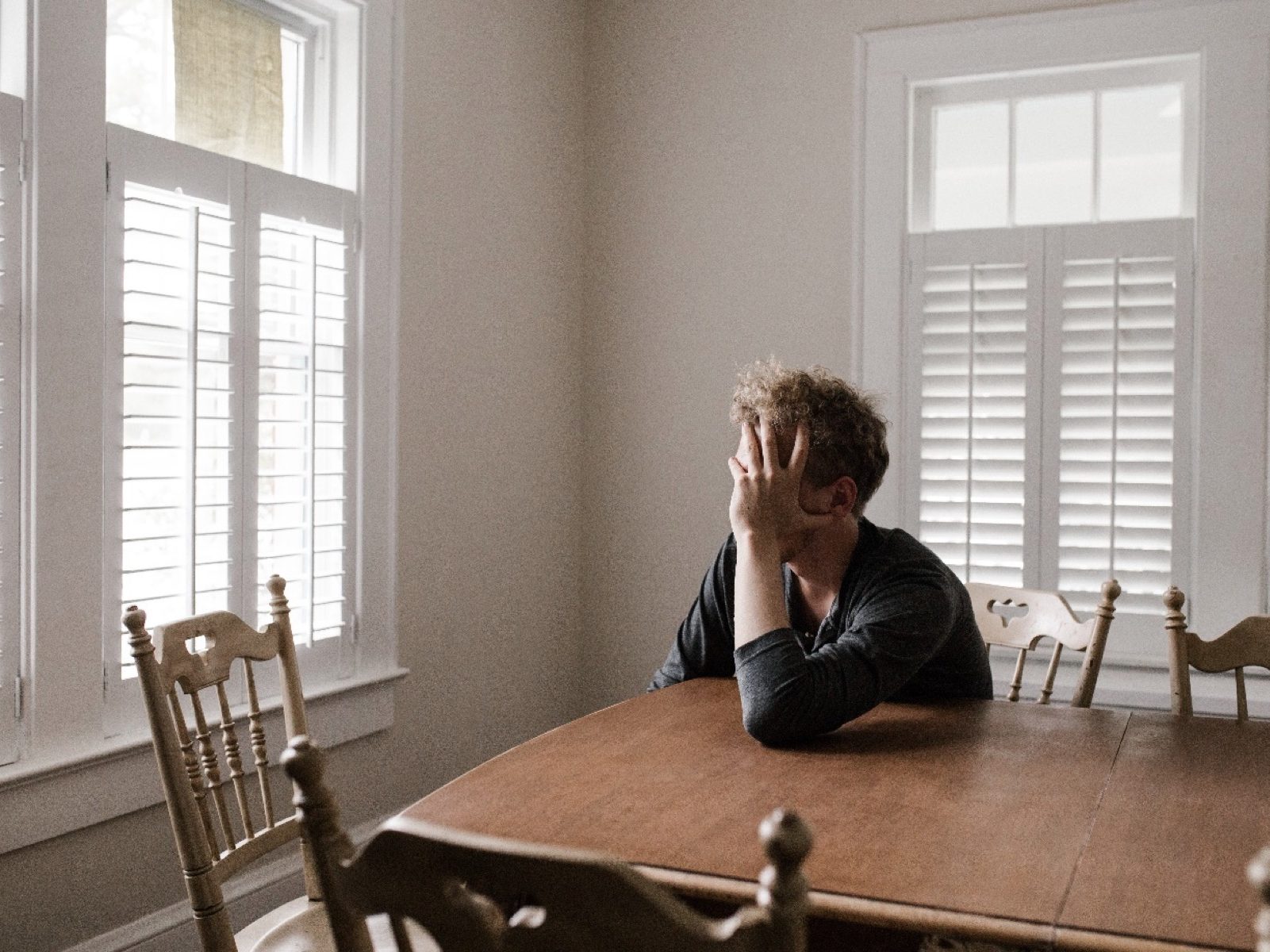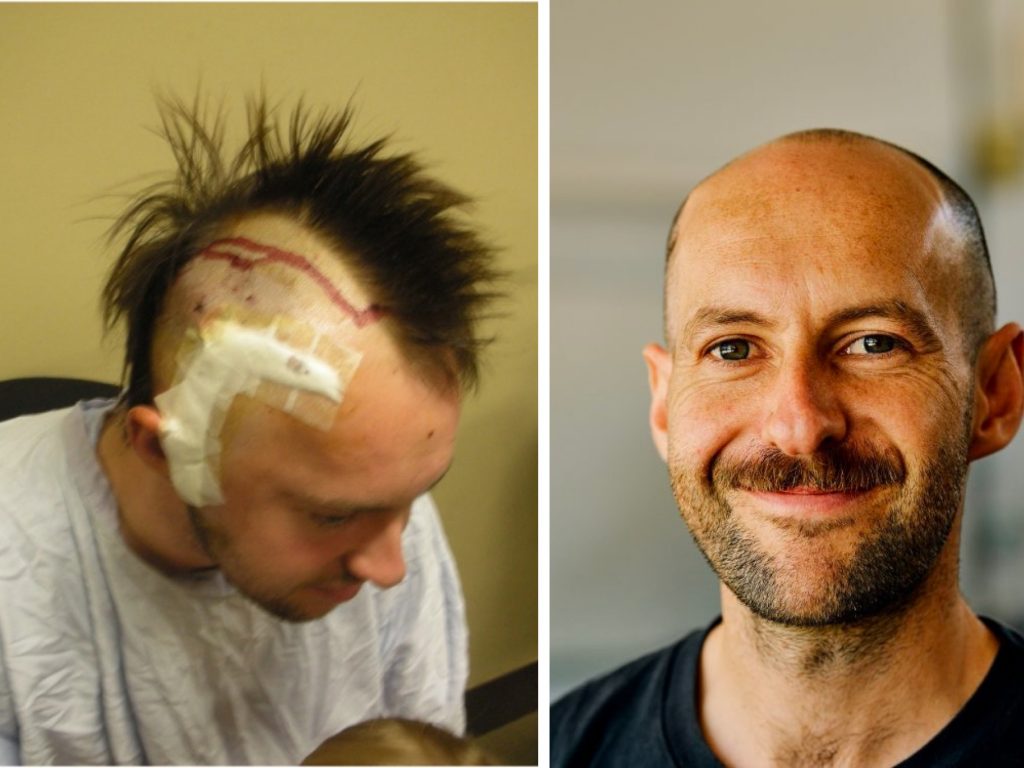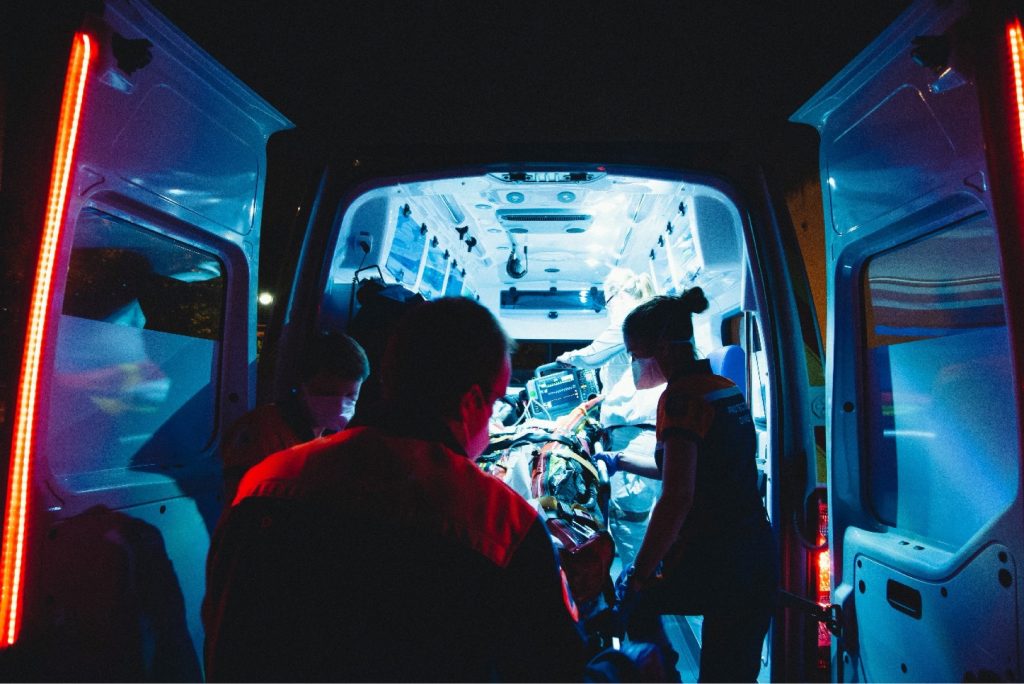
Ben O’Toole is one of the “lucky ones” when it comes to the roughly 3,000 cases of traumatic brain injury that occur in Australia each year.
Amazing his surgeon with his recovery after suffering a single coward punch attack in 2007, Ben is acutely aware of how many others whose lives are tragically altered after receiving similar injuries.
With assault forcing the hospitalisation of many young men every year, statistics highlight the toll on those left with moderate to severe brain injuries.
According to studies, half will not have returned to work two years after the injury, one in three will need assistance with basic skills such as banking, shopping and transport, while two in three will suffer from psychological problems including depression, anxiety and reduced self esteem.*
Ben’s story

Ben (pictured above in hospital, and as he is today) and a former Foundation presenter, was on a night out with mates in Geelong in 2007 to celebrate his birthday. After being hit in the jaw with a surprise punch he fell to the ground and hit his head on a gutter, knocking him unconscious.
Requiring specialist surgery five hours later to alleviate the dangerous swelling of his haemorrhaging brain, three holes were drilled in the side of his head and a piece of skull “opened like a door” to reduce the pressure.
“Six weeks post op I had an appointment with the surgeon who saved my life. Having seen the extent of my injuries at the time of the operation, he was surprised I wasn’t in a wheelchair and able to engage in a conversation,’’ says Ben.
“He had a very different image of what my life was going to look like – not just six weeks after the operation but forever.
“A lot of people with my type of injury and operation don’t experience the kind of recovery I had.
“For about a month after my operation I was suffering excruciating headaches and fatigue, but I soon realised how lucky I was.”

By the numbers
The Australian Institute of Health and Welfare reveals that nearly 13,000 men and boys were hospitalised due to assault in 2017–18, with the highest rate of injuries occurring among men aged 20–24.
Just over 60 per cent of all hospitalised assault injuries were due to bodily force (for example in an unarmed brawl or fight). Fractures were the most common type of injury at 40%, and most hospitalised assaults (69%) resulted in injuries to the head and neck area.
According to another study, there were 127 fatalities from single punches between the Year 2000 and 2016, with young men accounting for 120 of these deaths. On average, that’s seven to eight deaths a year and each one each was avoidable.
The most common cause of death was head or facial injury, followed by bleeding into the brain and secondary brain trauma. Alcohol intoxication was detected in almost 80 per cent of cases, with a median blood alcohol reading of 0.14.
Most cases occurred at a hotel or in a public space, and most between Friday and Sunday between 12am and 3am.
How we can all take responsibility for reducing the problem
Simple strategies for defusing potential conflict situations include:
- Exercise self control: When in social situations, don’t act on impulses. Stay focussed on doing the right thing and remain safe, regardless of how adverse the circumstances might be or repeated provocations. The only person you can really control is yourself and what other people think doesn’t matter.
- Think before you speak: Once you say something you can’t take it back. If what you are about to say is something you may regret, then maybe it’s better to keep it to yourself.
- Don’t judge others: Practise empathy instead of judging others. While it’s not necessary to agree with other people, the key is recognising that their perception is their reality.
- No excuses: Avoid rationalising violence, with phrases like: “Boys will boys”, “We were only messing about”, “It takes two to tango” or “I had a brain fade”.
The Pat Cronin Foundation is dedicated to empowering young people never to use violence, to be wise, think carefully and act kindly. For more tips, book one of our informative educational sessions specially designed for schools, sports clubs and community organisations. Register here or contact us.
*Sources:
- Olver, Ponsford & Curran, 1995; Ponsford, Sloan & Snow, 2012; Ponsford, Draper & Schonberger 2008
- Schumann, 2019

